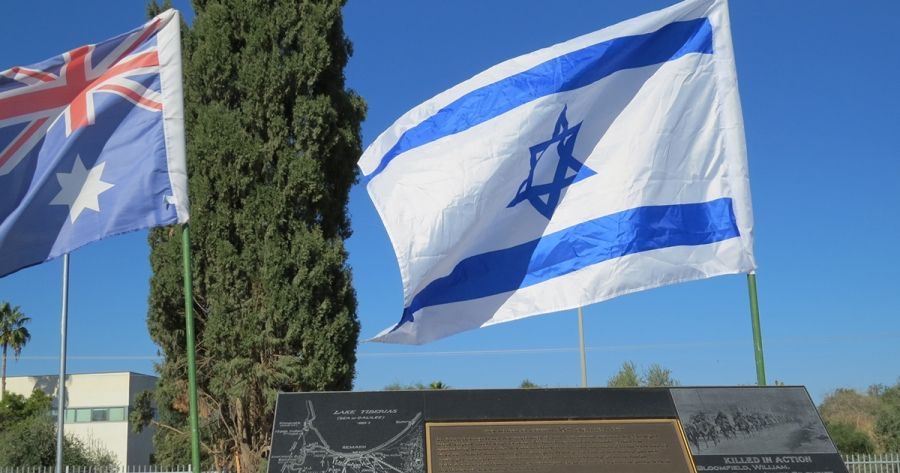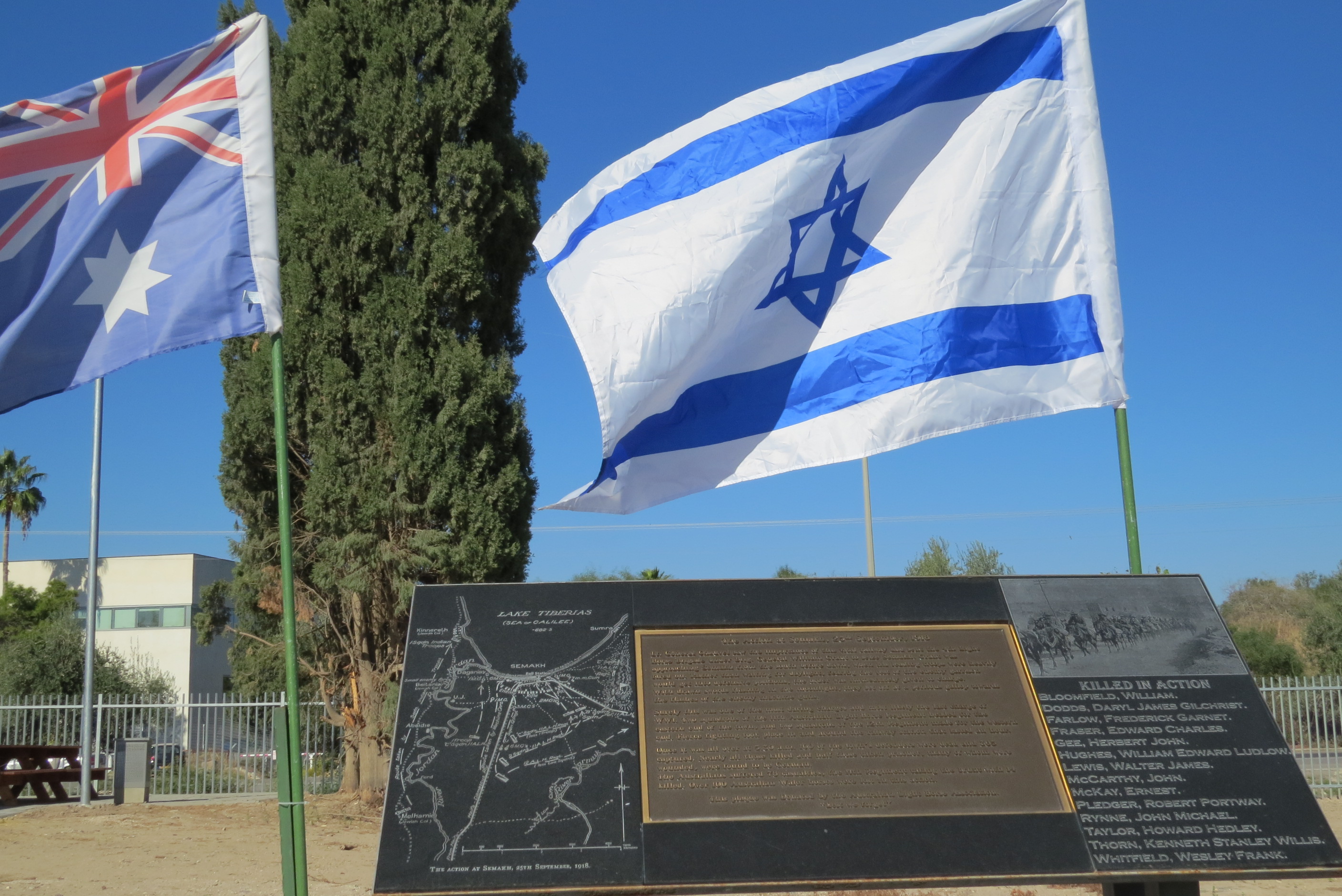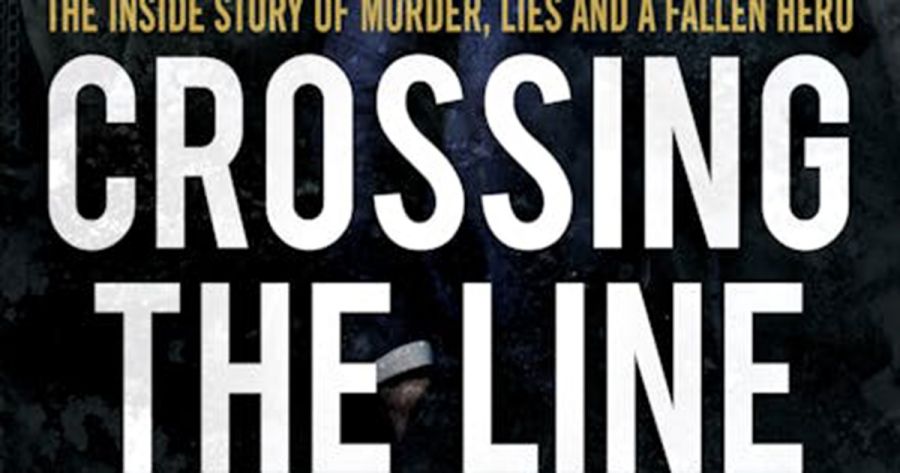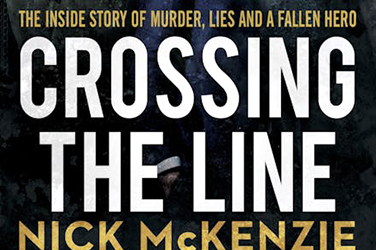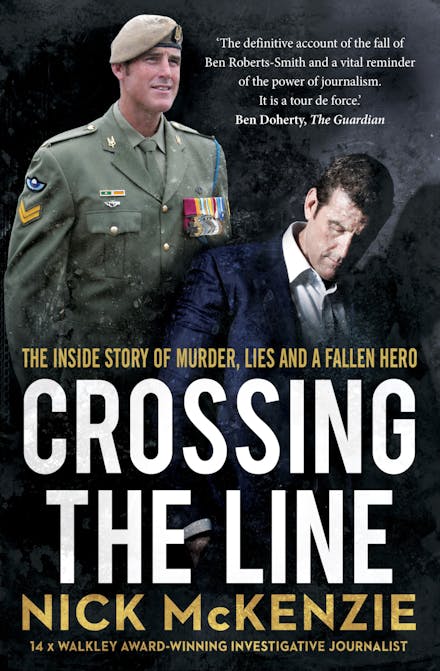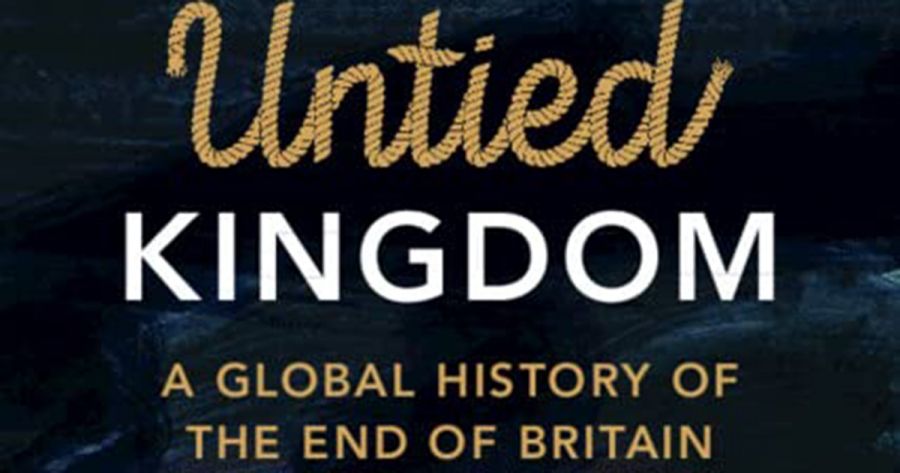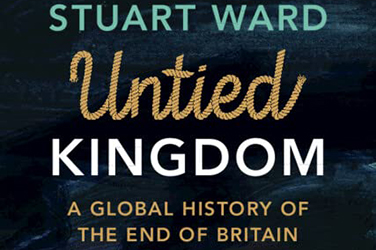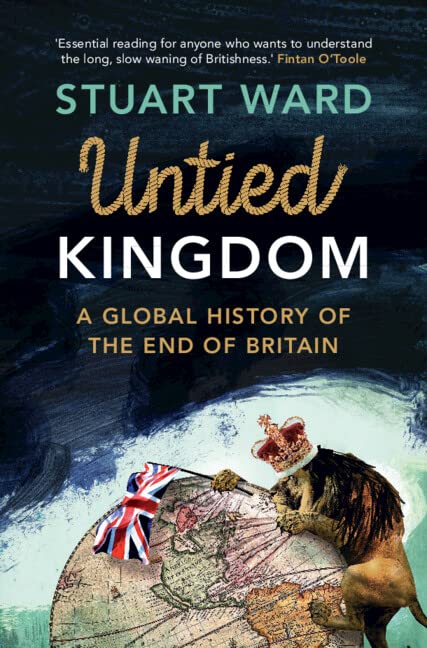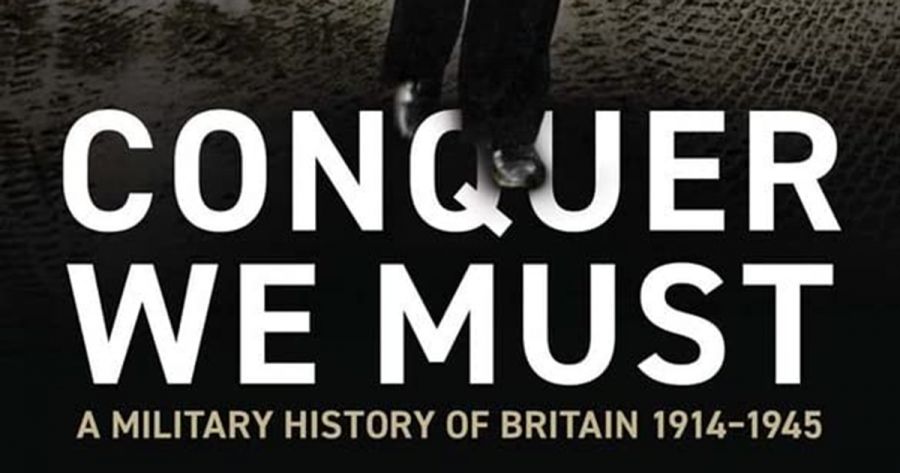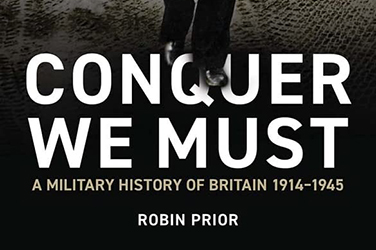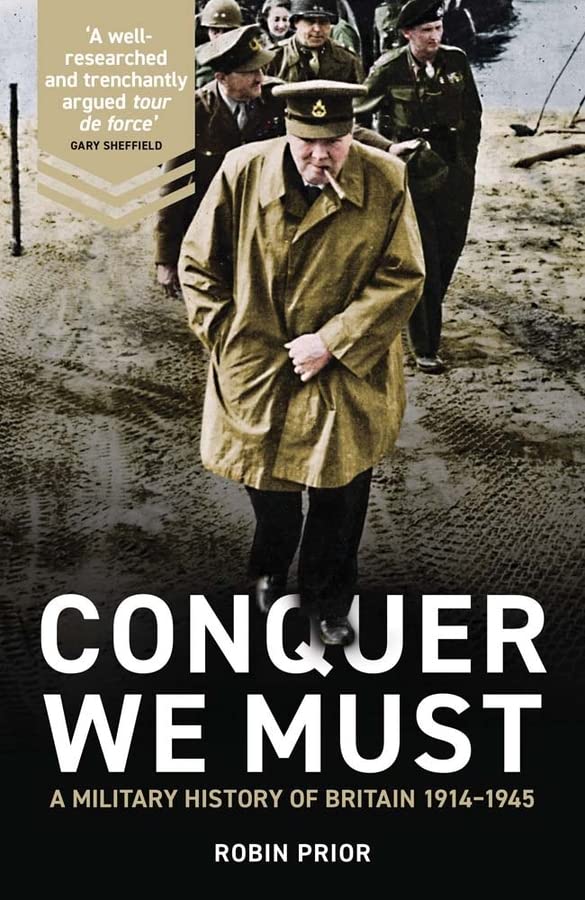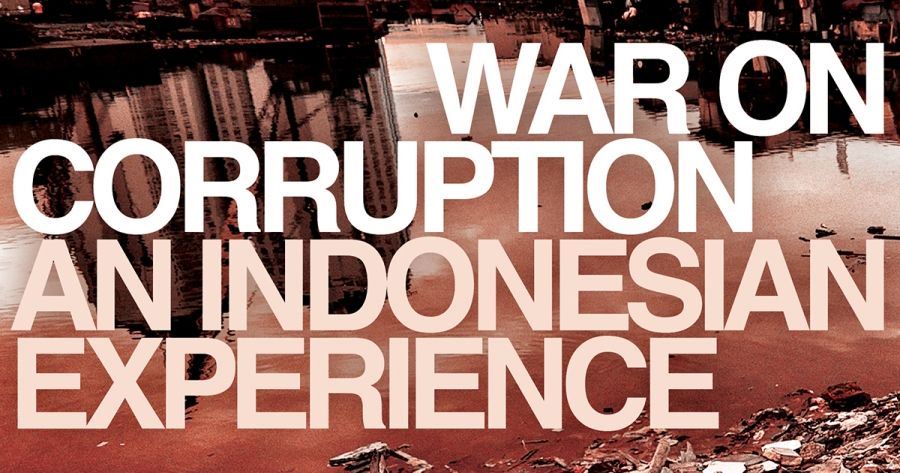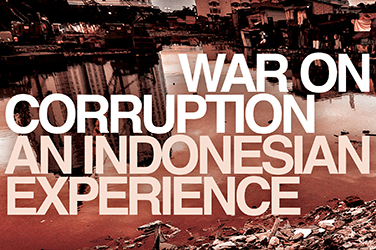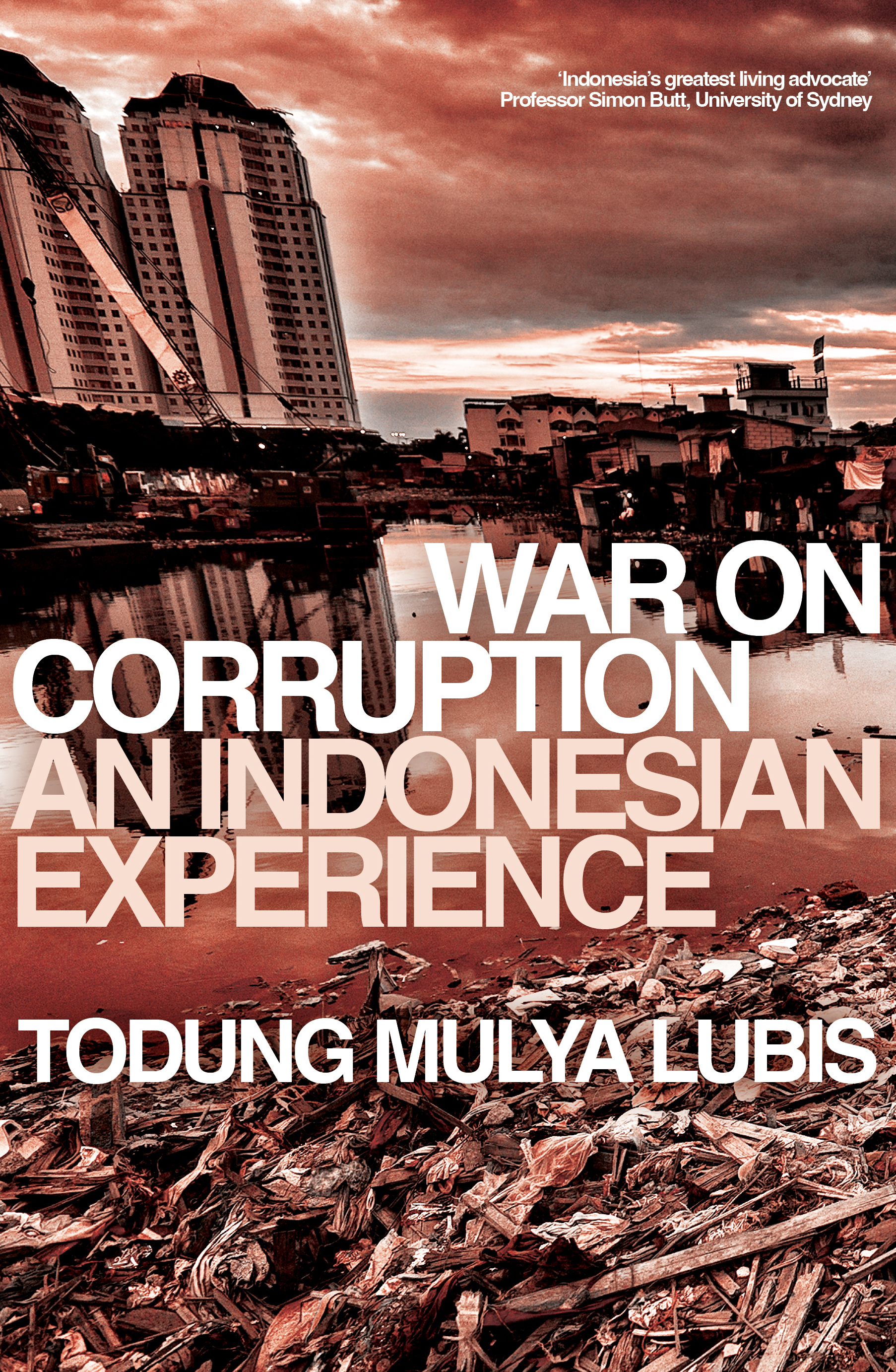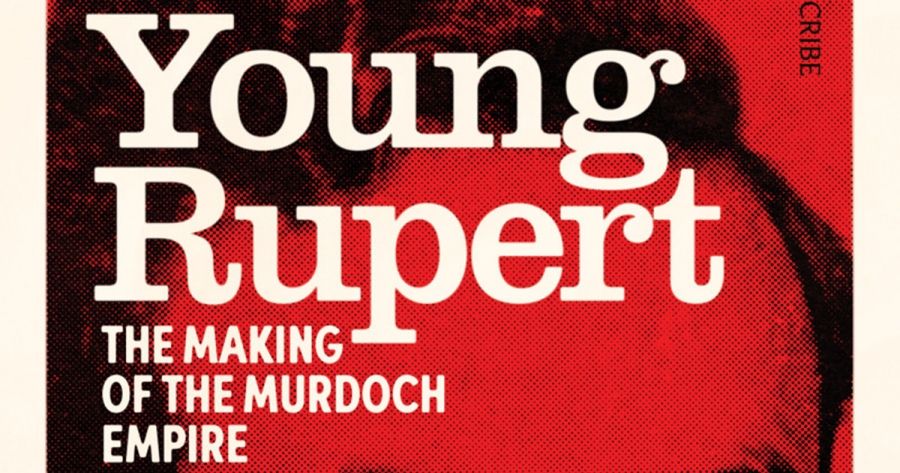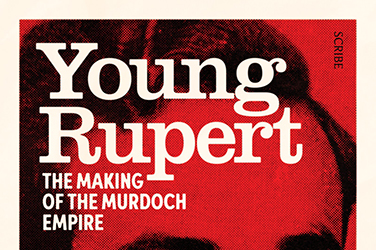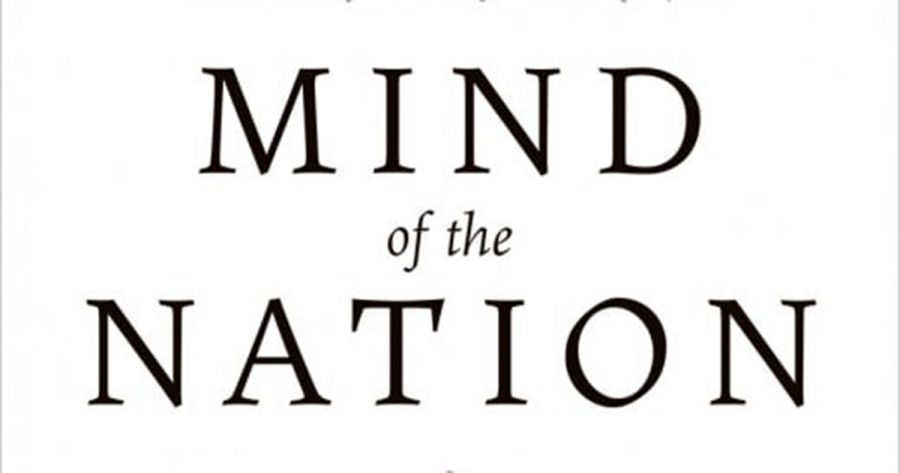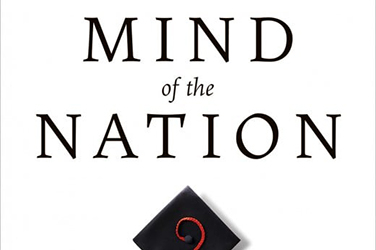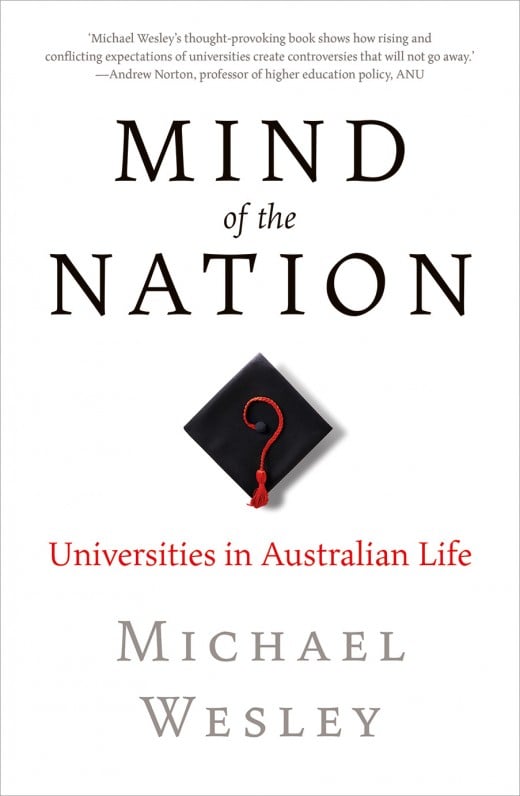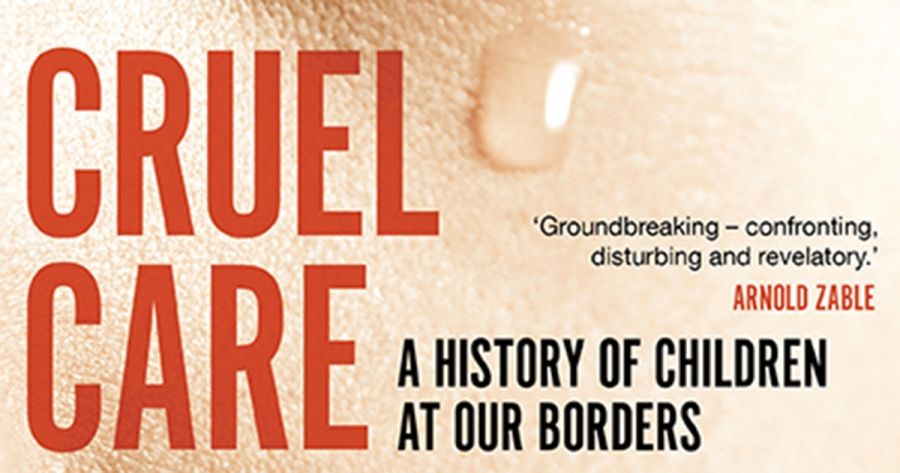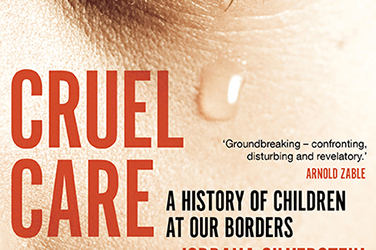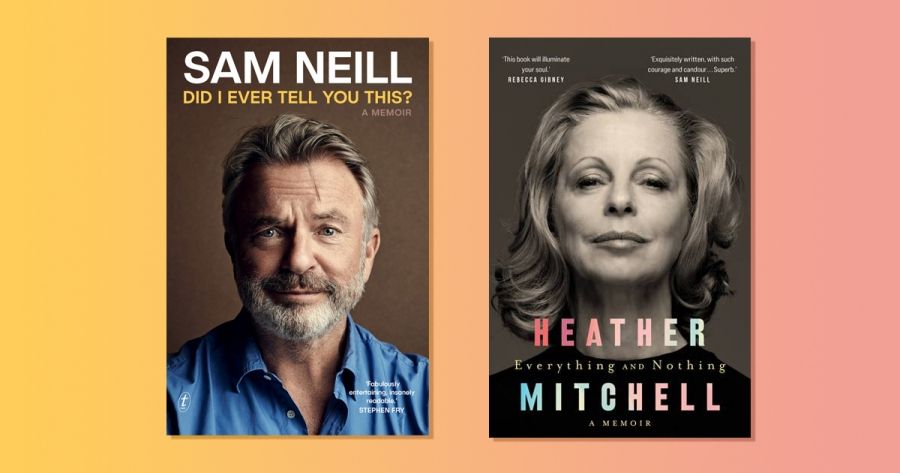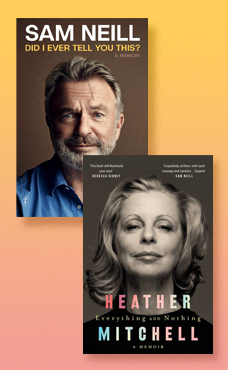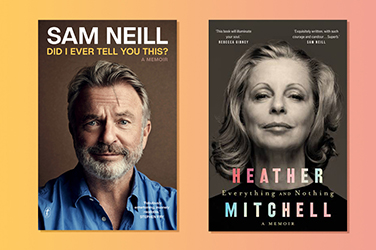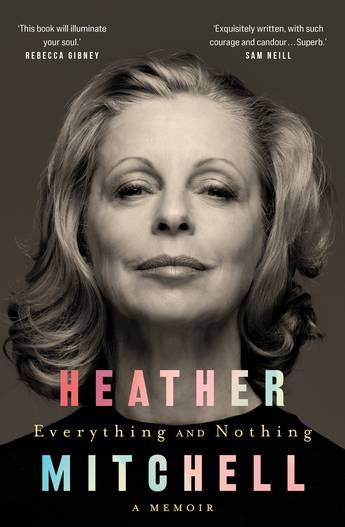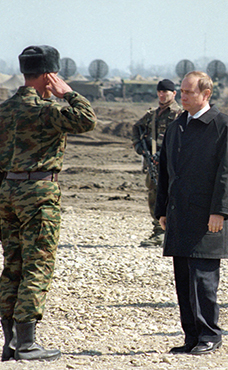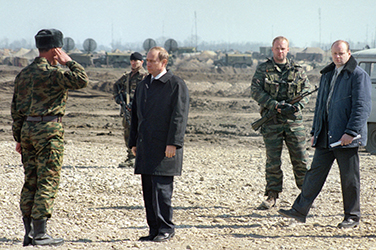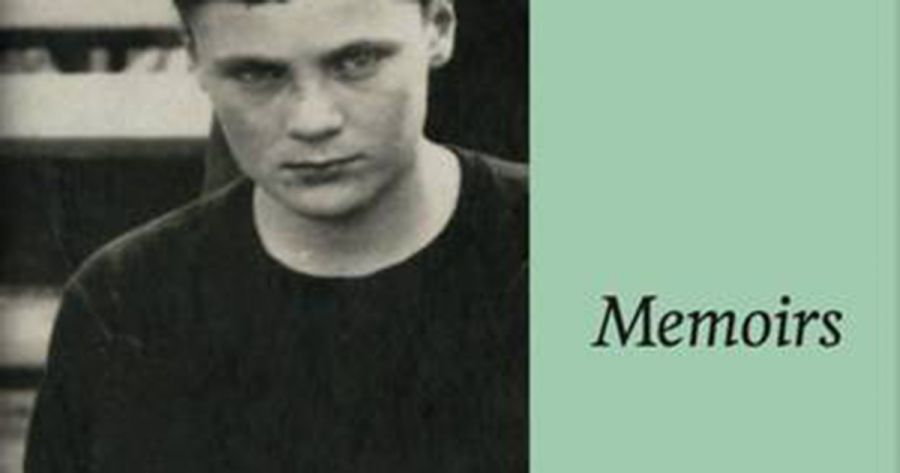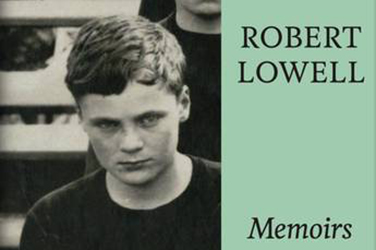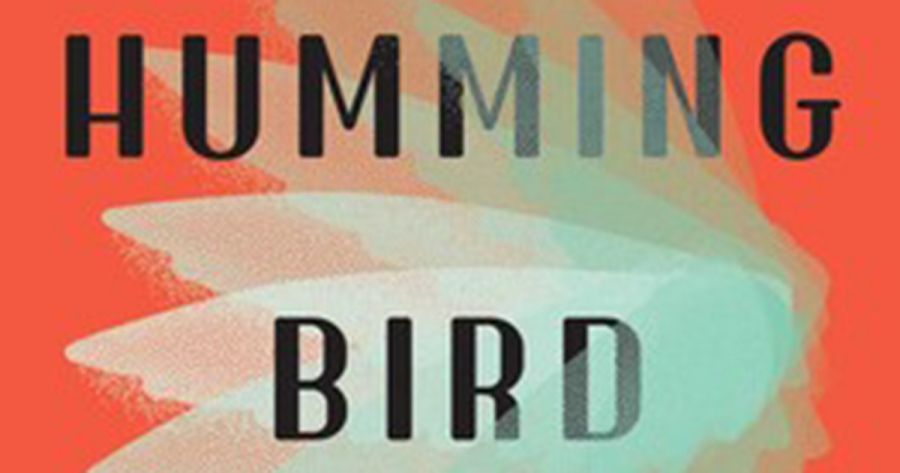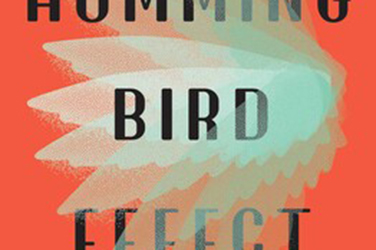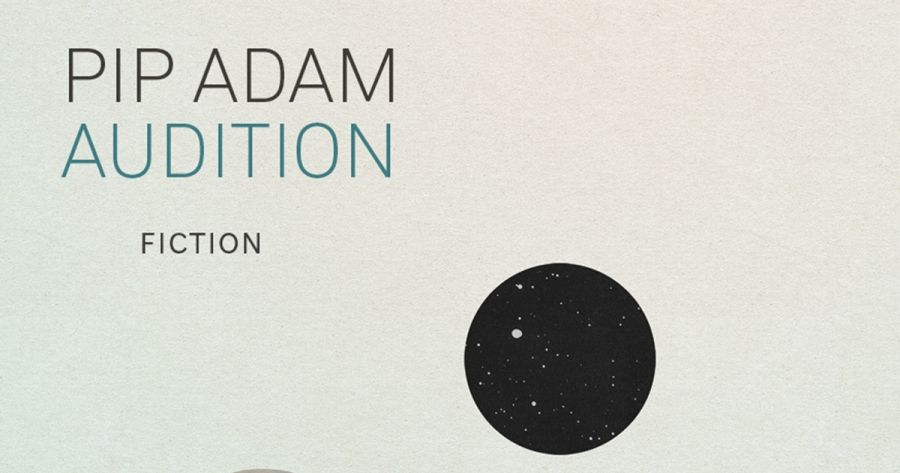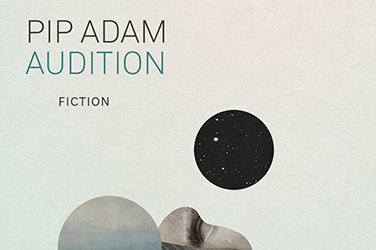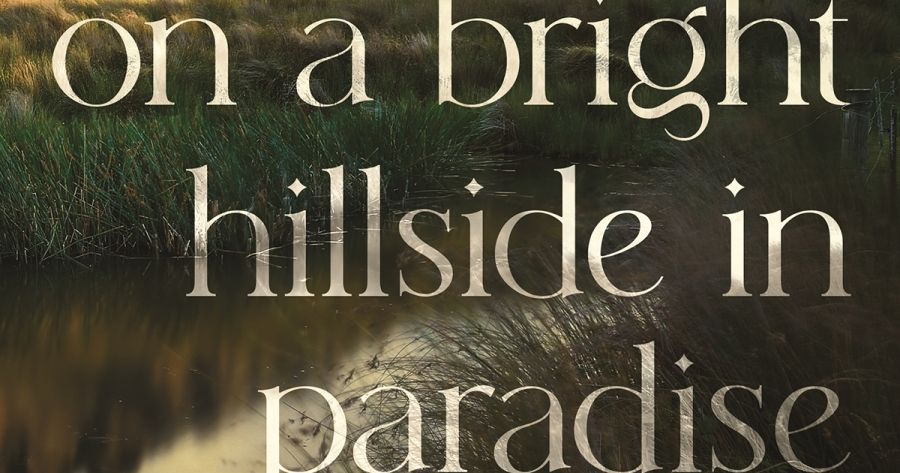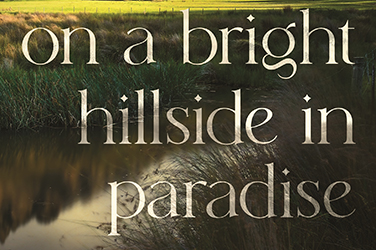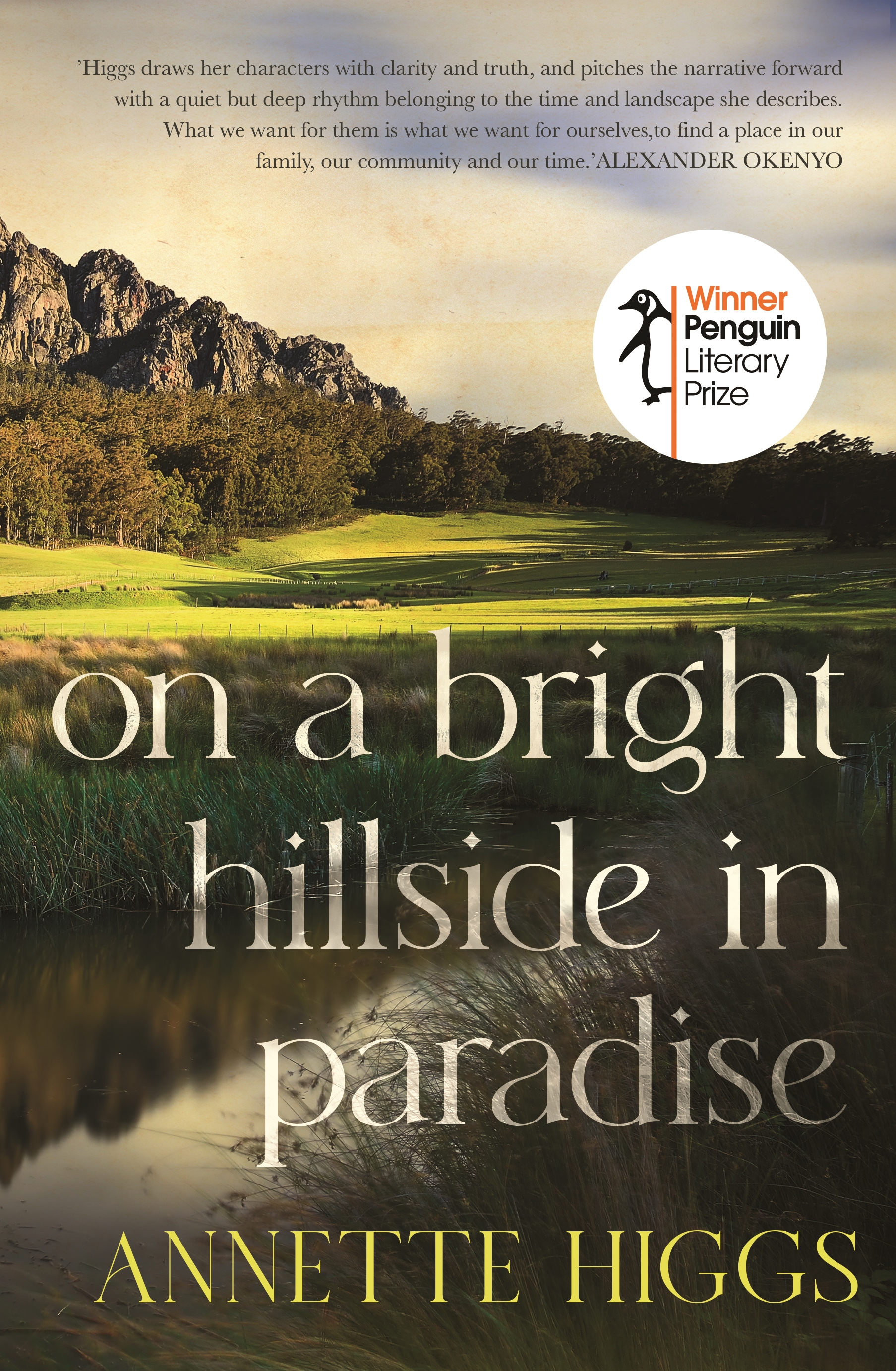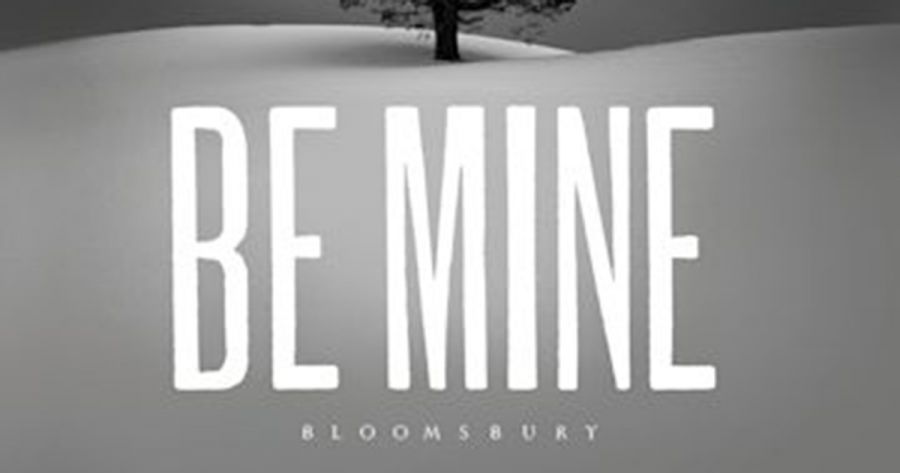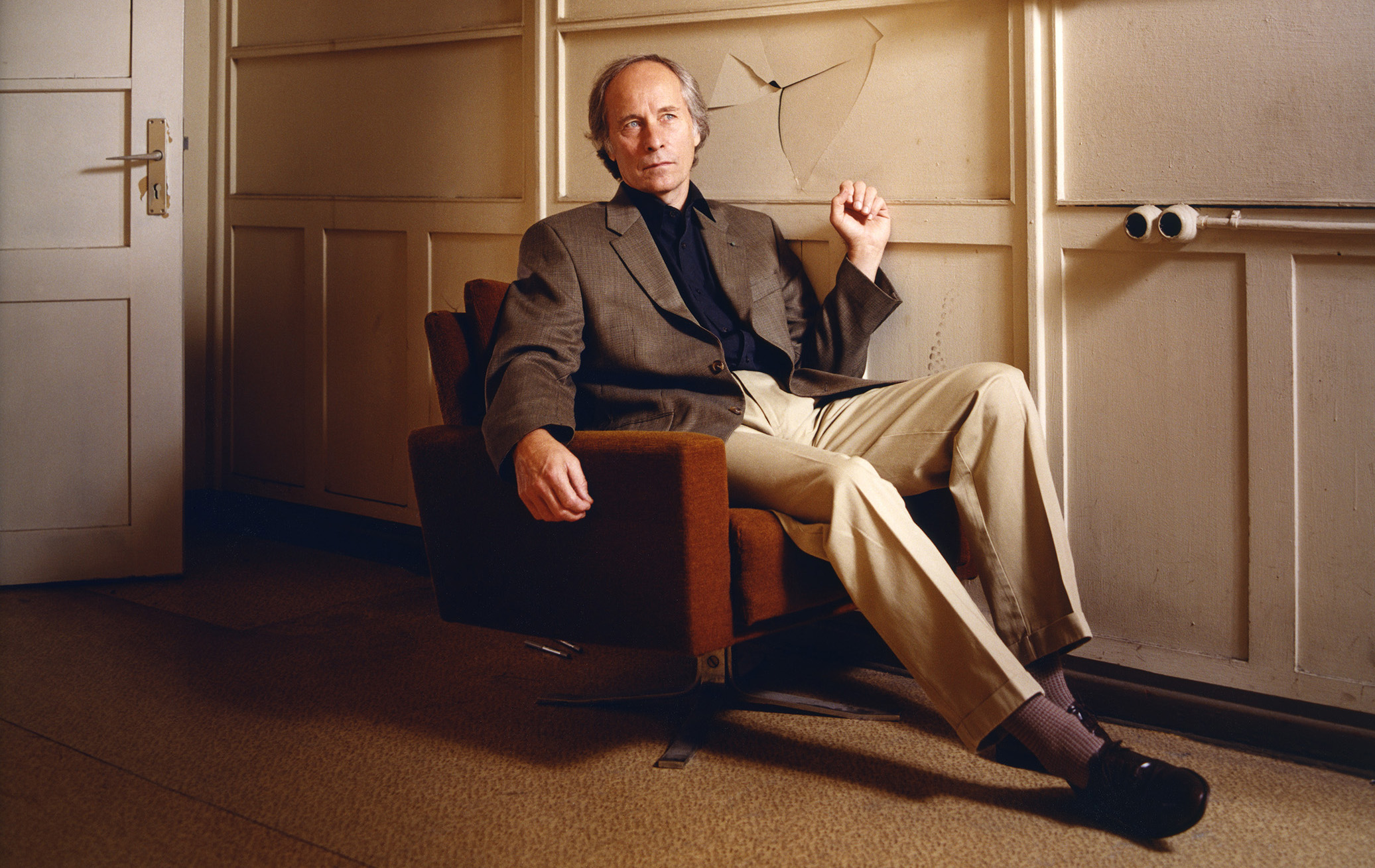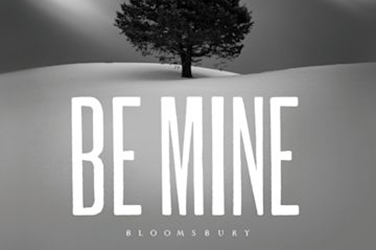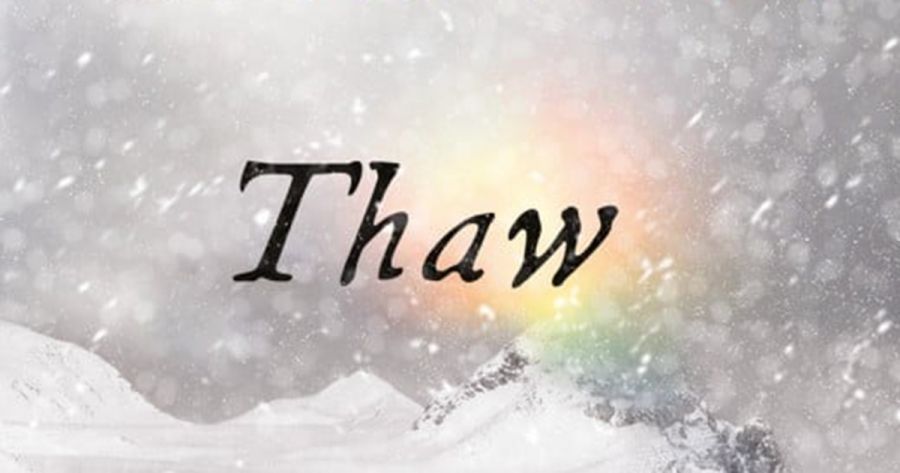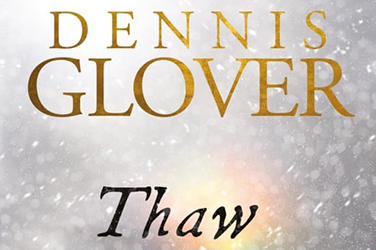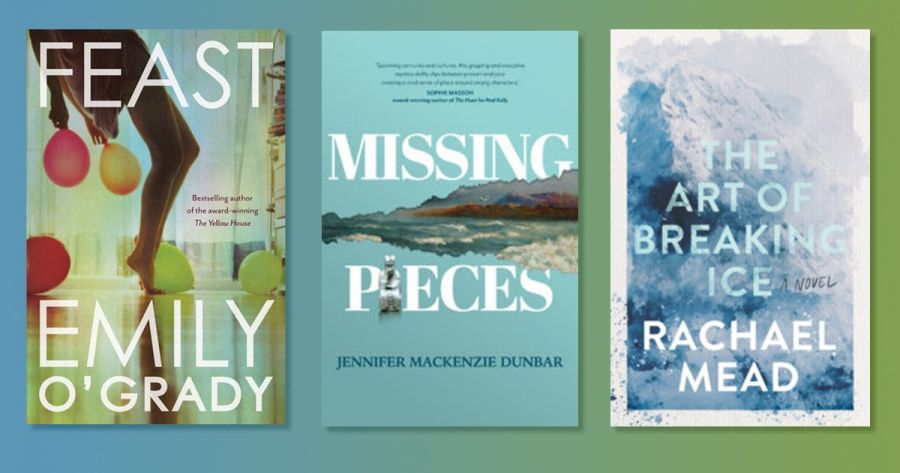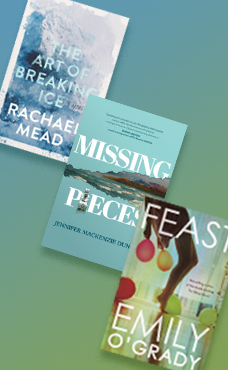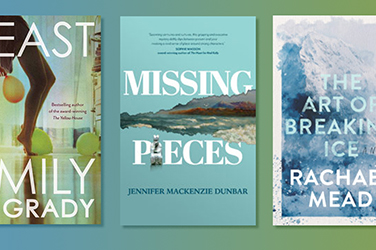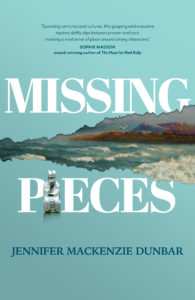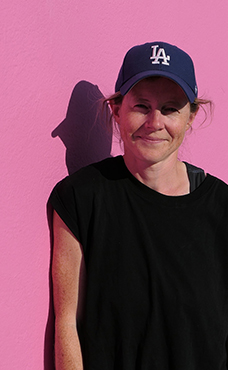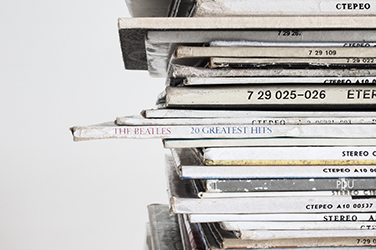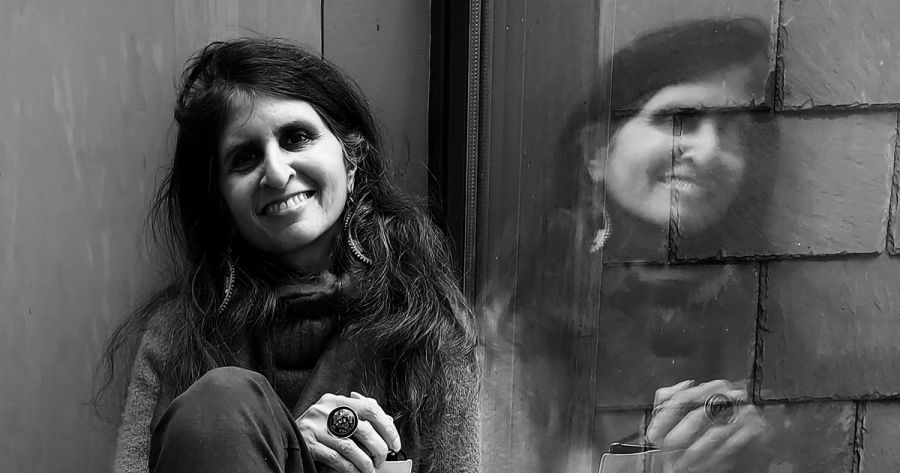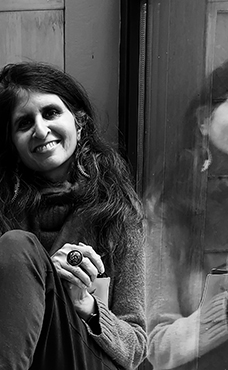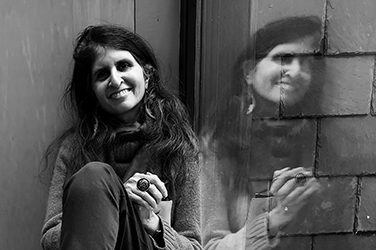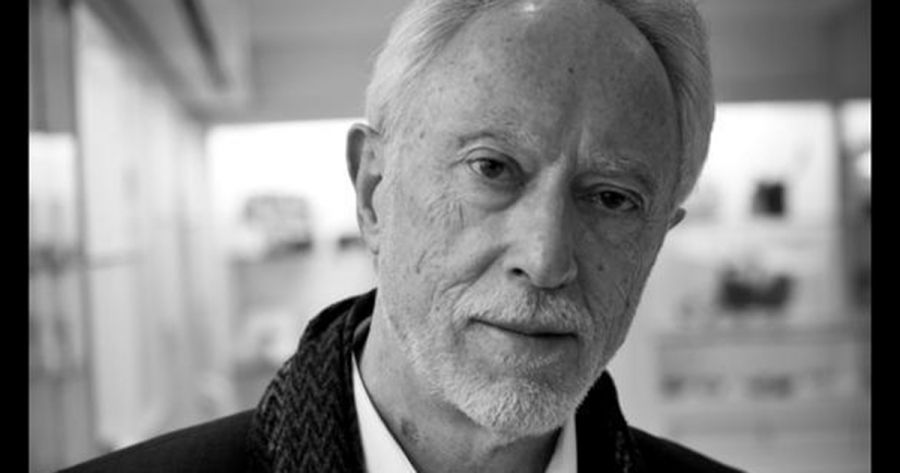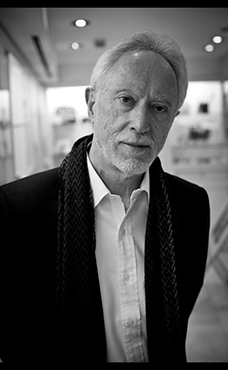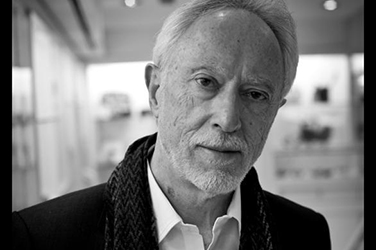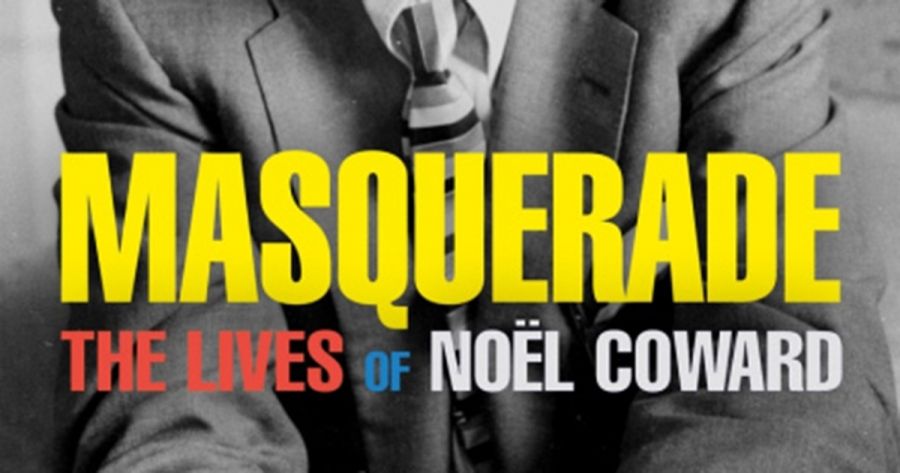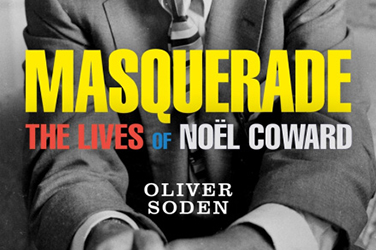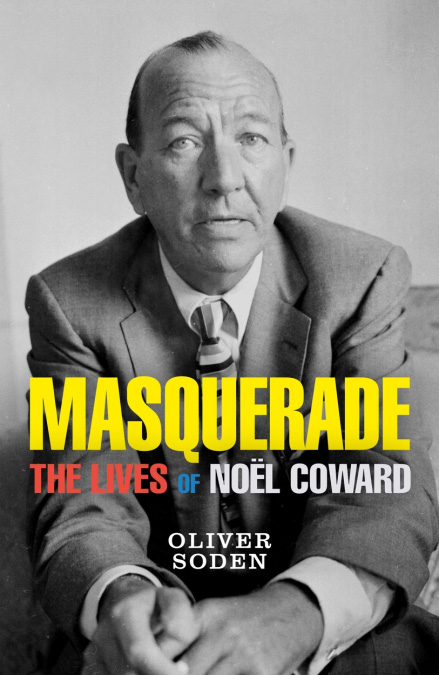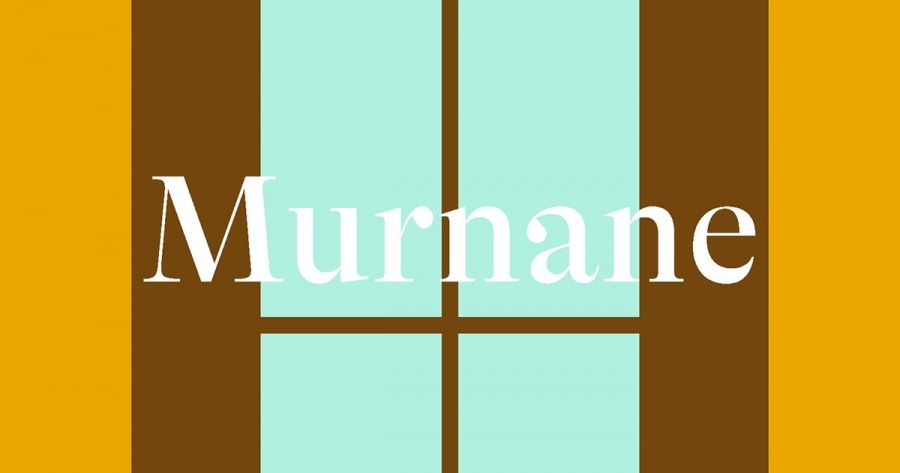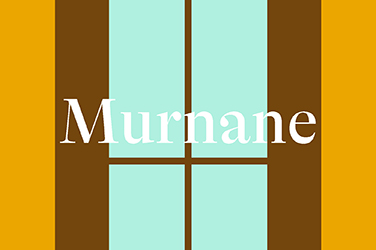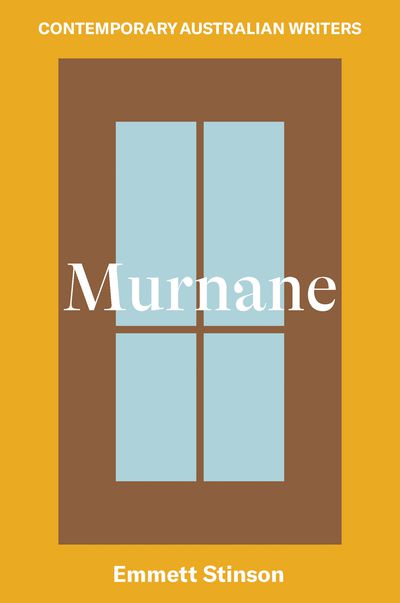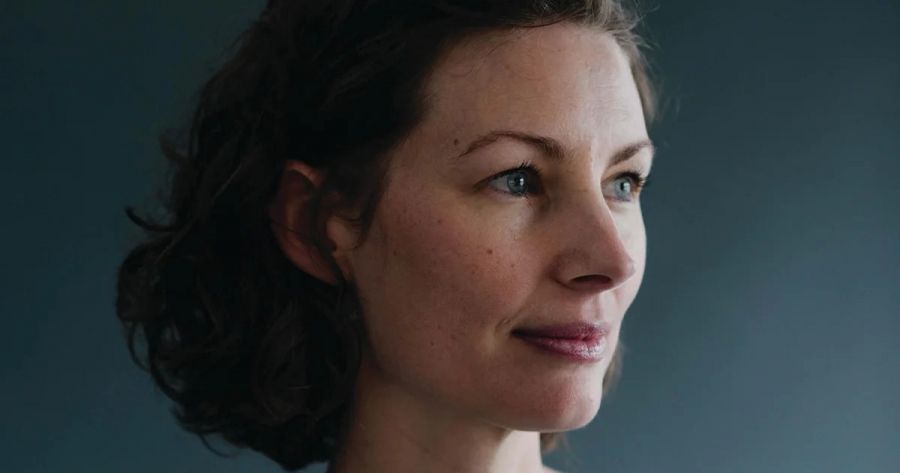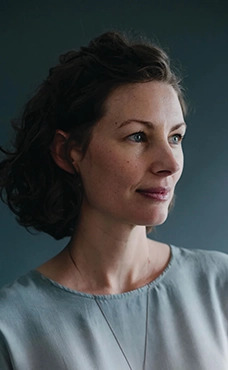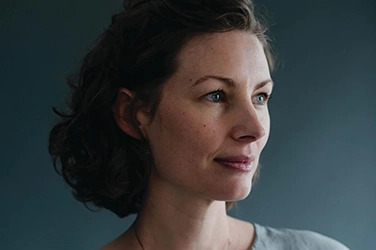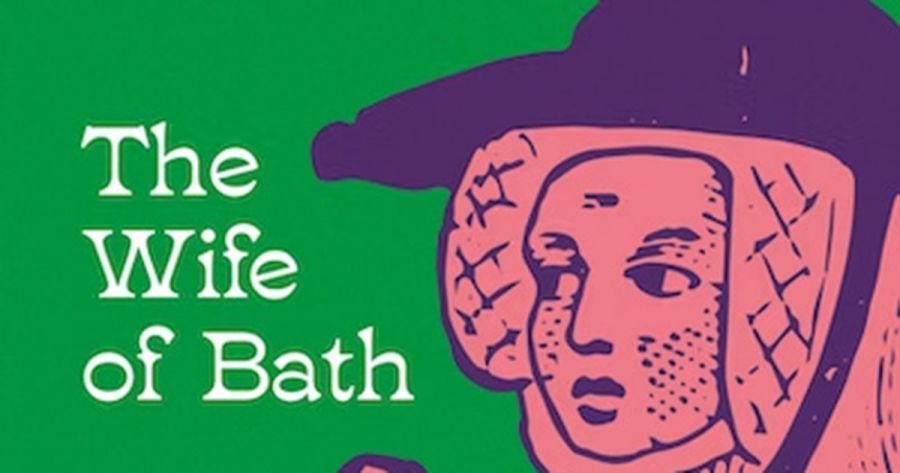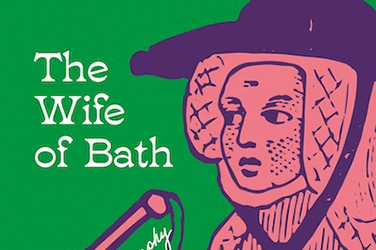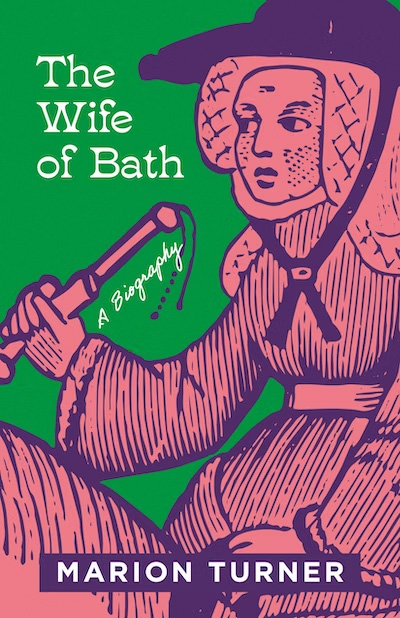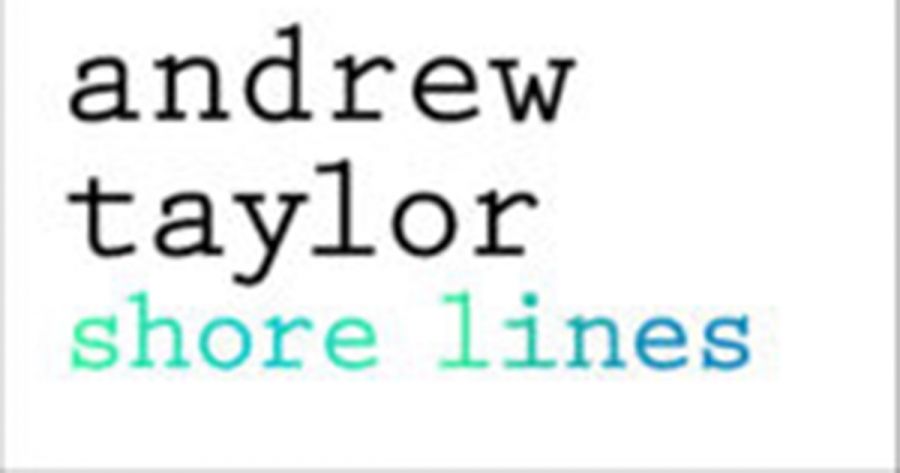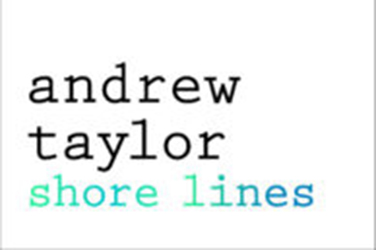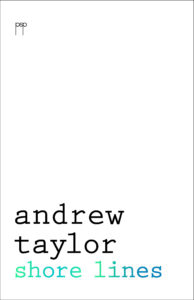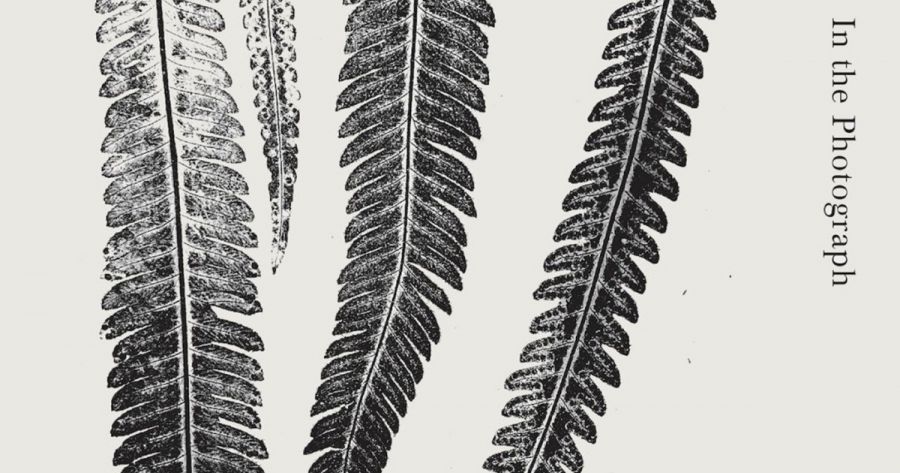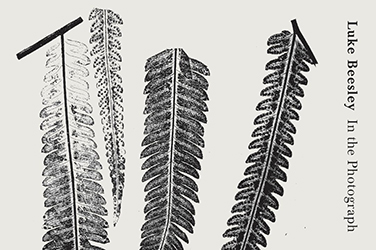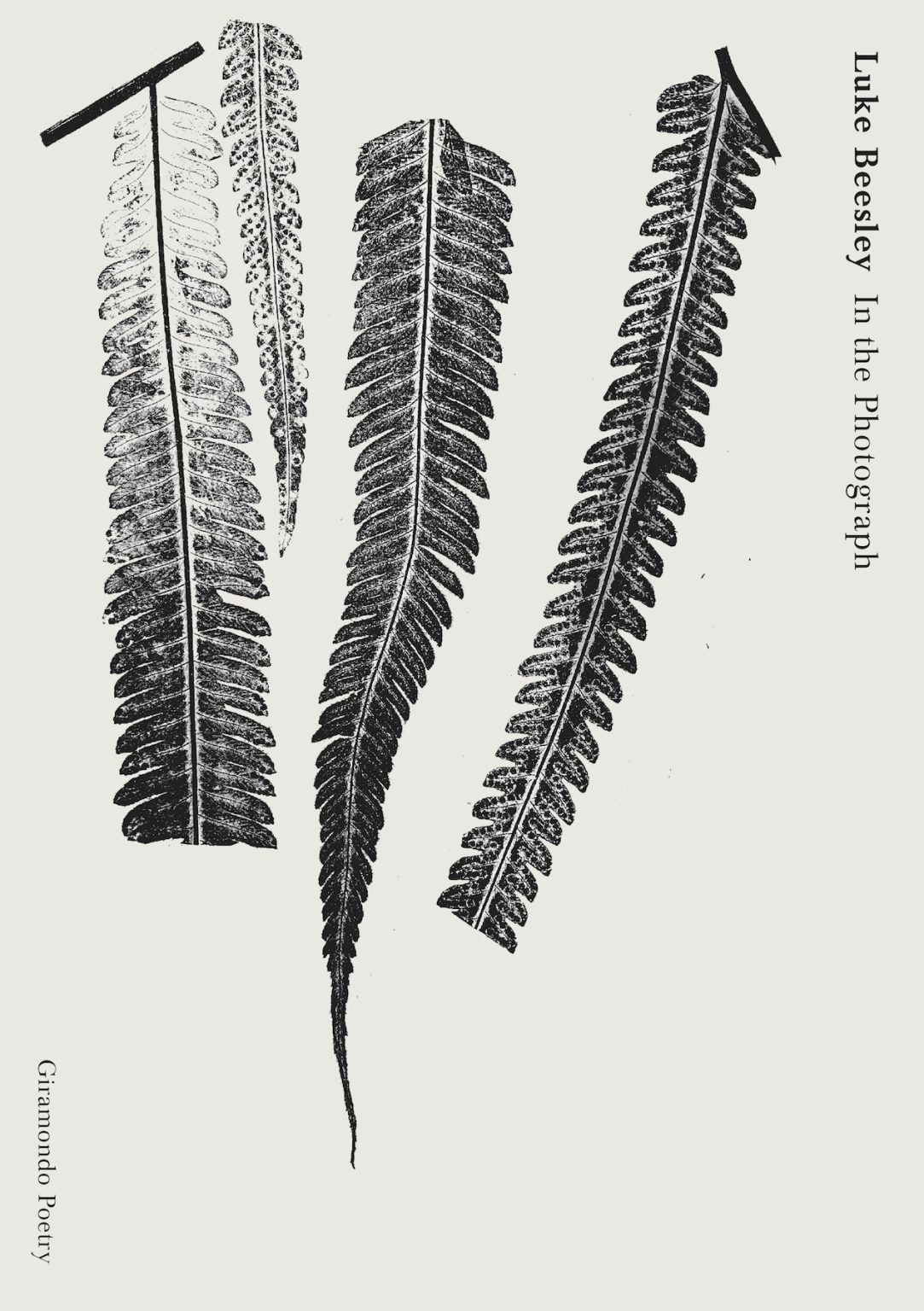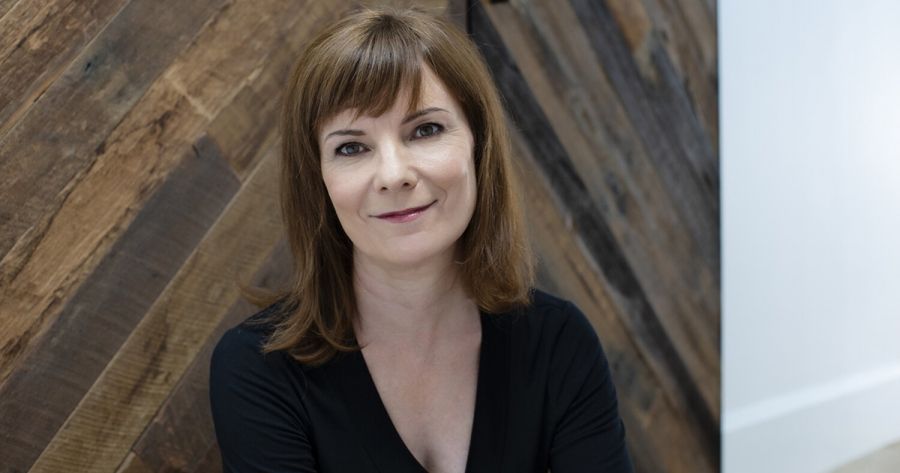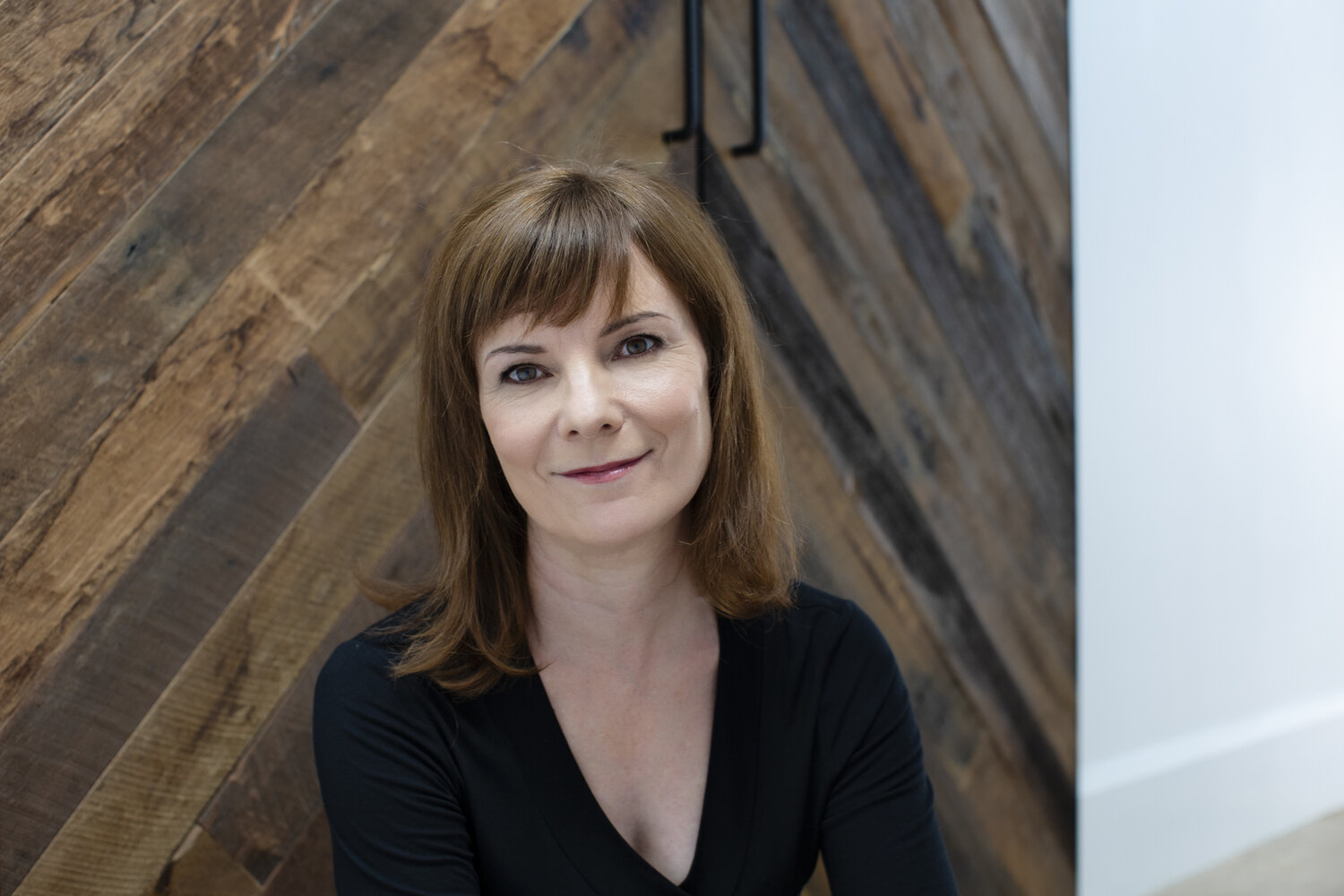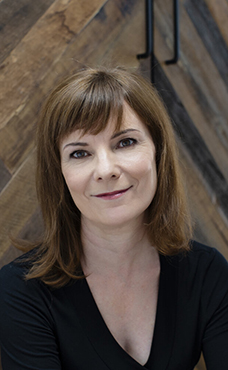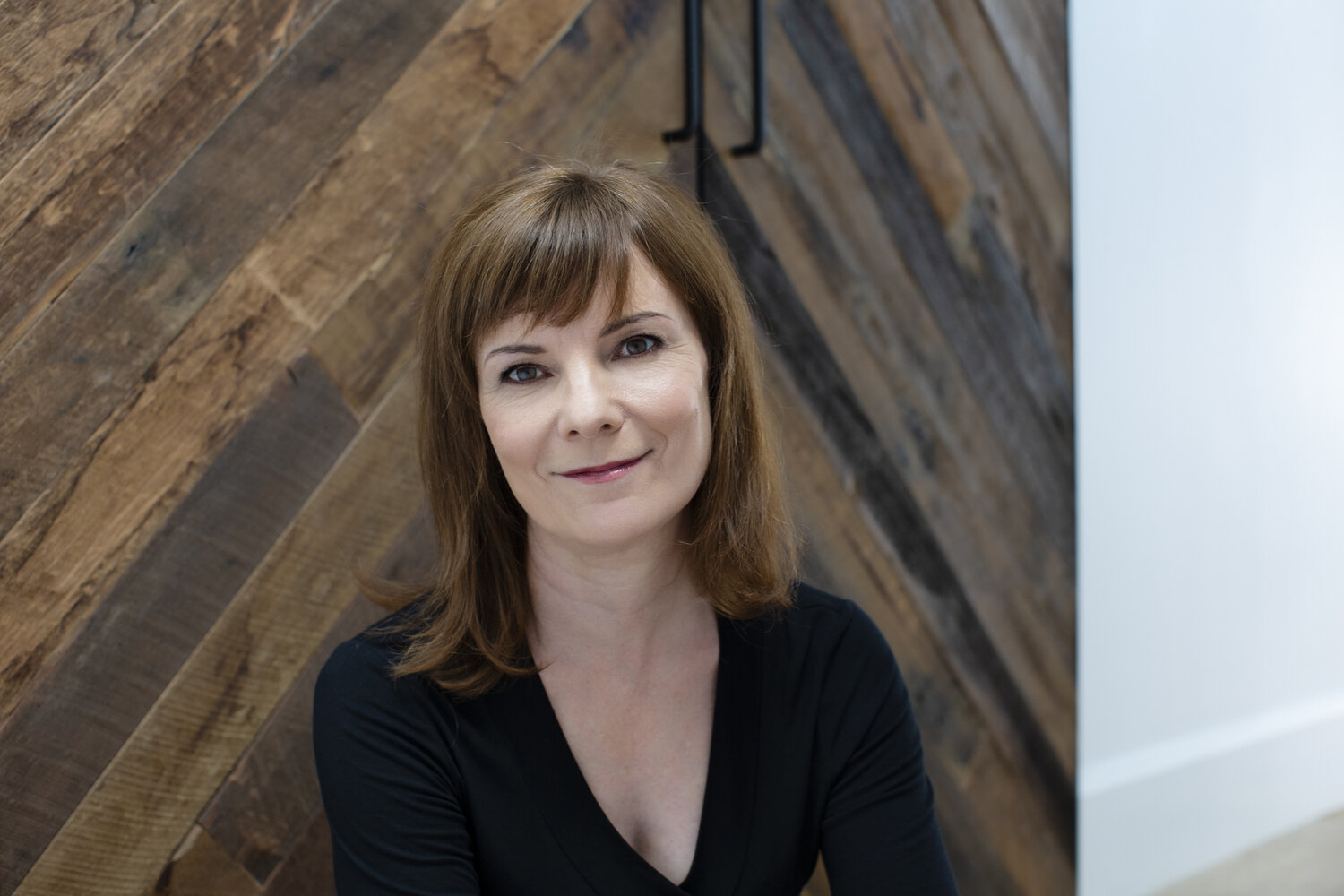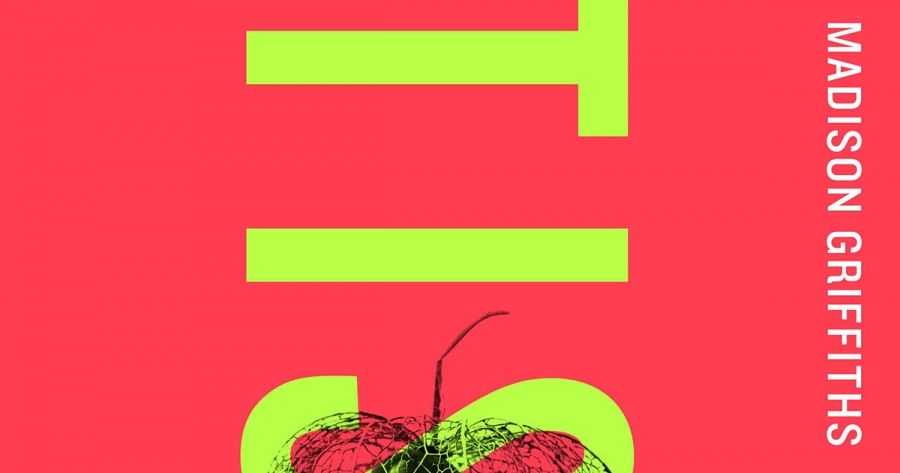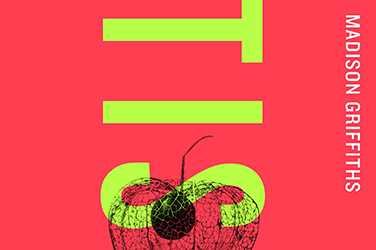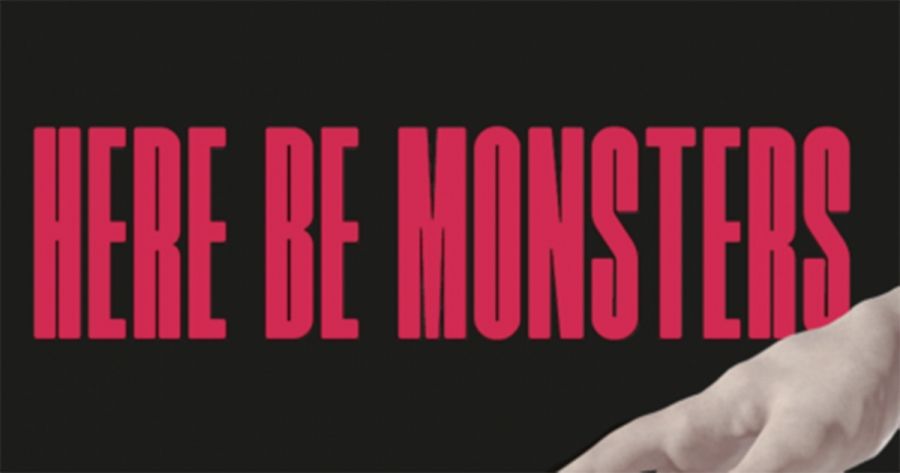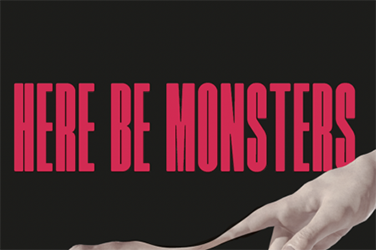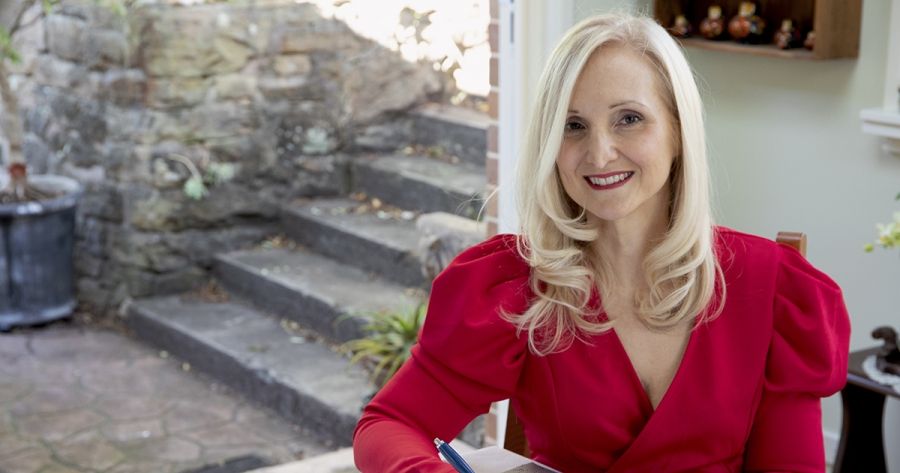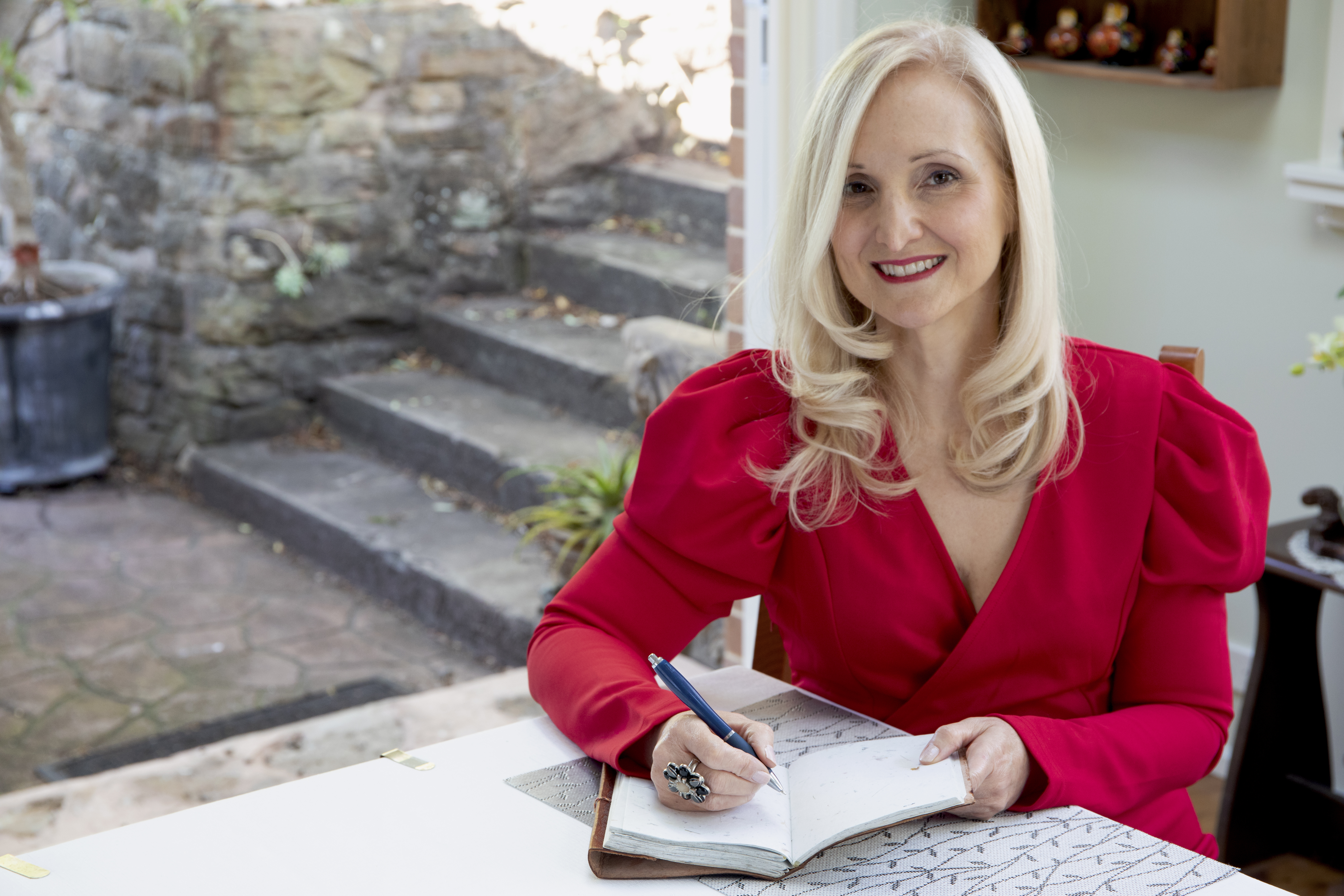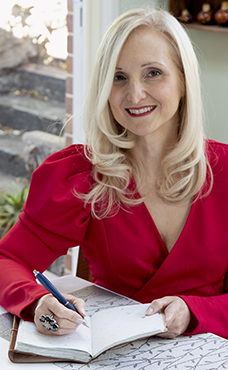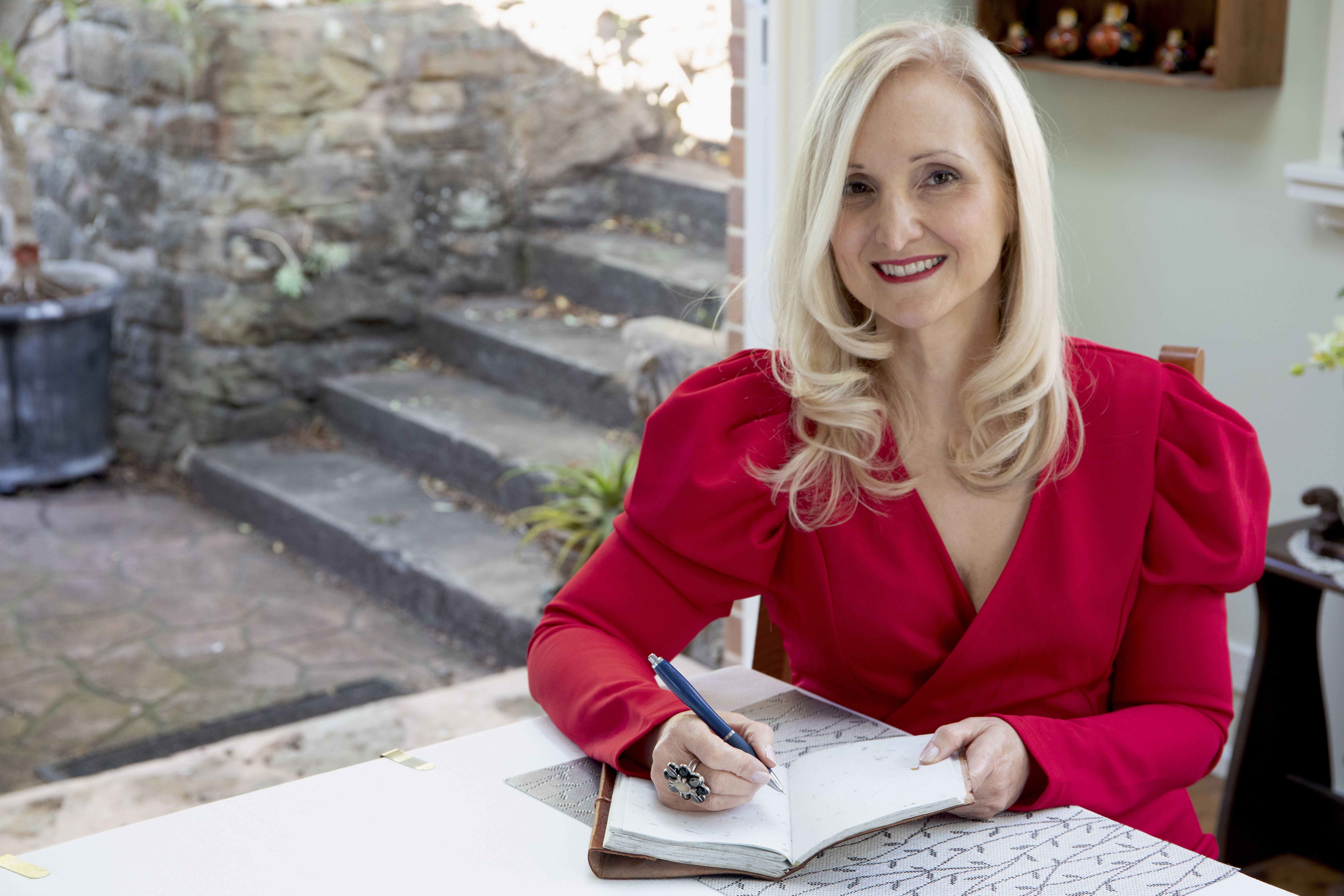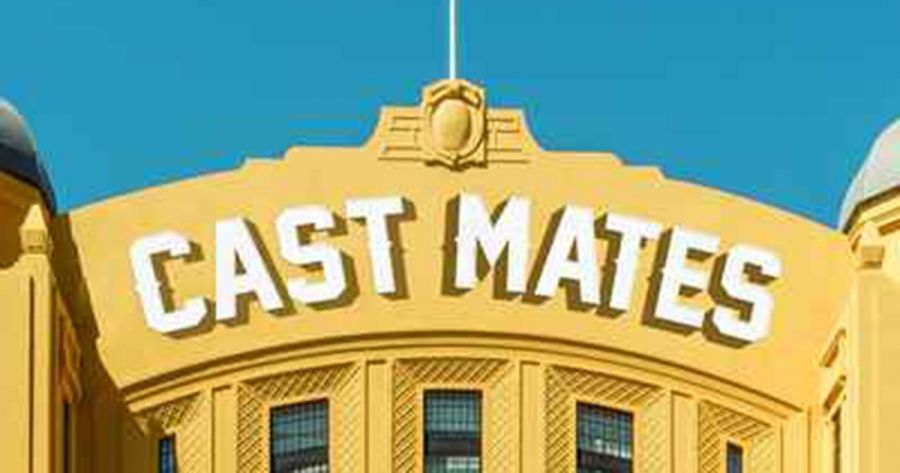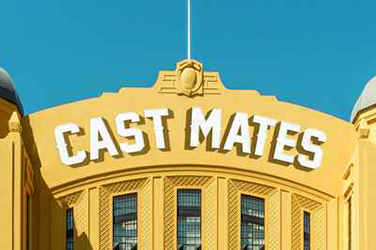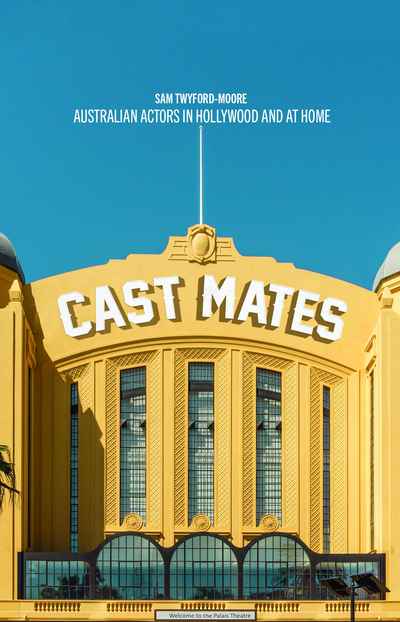- Free Article: No
- Contents Category: Advances
- Review Article: Yes
- Online Only: No
- Custom Highlight Text:
Read the advances from the August 2023 issue of ABR.
The Jolley Prize
This year’s ABR Elizabeth Jolley Short Story Prize attracted 1,200 entries from thirty-eight different countries. The judges – Gregory Day, Jennifer Mills, and Maria Takolander – longlisted eight stories from six of those countries: France, Japan, the United Kingdom, the Netherlands, the United States, and Australia. (The full longlist appears on our website.)
Now the judges have shortlisted three stories, and it’s our pleasure to present them in this issue:
‘Black Wax’ by Winter Bel (France)
‘The Mannequin’ by Rowan Heath (Australia)
‘Our Own Fantastic’ by Uzma Aslam Khan (USA)
Here is the judges’ report:
In a field distinguished by an enriching diversity of voices and styles, the stories submitted for the 2023 ABR Elizabeth Jolley Short Story Prize are testament to the vitality of the short story form. Encompassing the cosmopolitan and rural, the fantastical and the dirty real, the lyrical and colloquial, the comic and the deeply felt, the submissions for the prize collectively show how the short story form functions as a broad church, inspiring faith.
The best short fiction does many things at once. Stylistic cohesion and polish matter, but so do curiosity and substance. There is a worldliness about the longlisted stories, not only because they are global in origin, but because they show a maturity of outlook, an understanding of power structures, social context, choice, and implication. The three shortlisted stories are layered and deeply considered, but importantly, they also have plenty to say.
All great short stories are a marvel to behold, but a finely balanced story that is also a joyful one is a rare feat. ‘Black Wax’ tells the tale of a fledgling record company inspired to promote unstereotypical Black American music. This engaging set-up provides the vehicle for a superbly incisive, witty, and uplifting love story. ‘Black Wax’ is an example of the short story form at its entertaining and artisanal best.
In ‘The Mannequin’, a solitary truck driver, who fossicks for valuables in junkyards, finds a dumped store mannequin outside a roadhouse. The mannequin becomes an ambiguous companion on his journey, provoking troubling memories of his ex-wife and estranged children, reminding him of what has been lost through his intransigence, while simultaneously suggesting the liberating possibility of transformation. A superbly controlled and nuanced story, ‘The Mannequin’ is a haunting exploration of the mysteriousness at the heart of ourselves.
‘Our Own Fantastic’ slips between childhood and adulthood as it follows a young Pakistani woman growing up in the United States. In its shadows, its author paints a story of migration, displacement, and loss, a life shaped by the history of Pakistan, by family, and by chance. Beautifully composed with exquisite attention to detail, it shows a fine command of imagery and has a capacious, open-ended feel. The story echoes the architecture it describes, with hidden doors and subterranean emotions. We are offered glimpses of a whole world turning around and through the narrative.
The overall winner will receive $6,000 from the total prize money of $12,500.
So who will win? We’ll find out on 17 August, at the online ceremony. First the three authors will introduce and read from their stories; then we will name the overall winner. This is a free event and all are welcome, but please register your interest in attending: This email address is being protected from spambots. You need JavaScript enabled to view it..
ABR warmly acknowledges the generosity of Ian Dickson AM, who has supported this prize – now clearly one of the world’s leading prizes for an unpublished short story in English – since its creation in 2011. Lovers and exponents of short fiction, like this magazine, have much reason to be grateful to Ian Dickson.
Power, politics, and passion
Beejay Silcox – one of ABR’s most popular contributors, as we know from the magazine’s recent reader survey – has assembled a fine program for her first Canberra Writers Festival as artistic director. The festival will be staged from 16 to 20 August.
No one who has spent more than ten minutes in the company of the irrepressible Beejay will be surprised to learn that the driving theme of the Festival is ‘Power Politics Passion’.
Not surprisingly, given the festival’s location, political journalists are well represented on the program, plus the odd politician. Among them are Barrie Cassidy, Niki Savva, Dave Sharma, David Speers, Michelle Grattan, Stan Grant, and Louise Milligan. Veteran journalist Chris Masters will be in conversation with Laura Tingle about his new book, Flawed Hero: Truth, lies and war crimes, about Ben Roberts-Smith. (In this issue, we review the first book to appear about the recent defamation case: Nick McKenzie’s Crossing the Line. See Kevin Foster’s review on page 11.)
Theodore Ell – winner of the 2021 Calibre Essay Prize – is on the program, along with ABR regulars Astrid Edwards and Kieran Pender.
Visit https://www.canberrawritersfestival.com.au/ for more information about the program.
Shirley Hazzard
A certain highlight of the festival will be the conversation between Frank Bongiorno and Brigitta Olubas, author of the recent biography of Shirley Hazzard.
Olubas’s decades-long scholarly work on the author of The Transit of Venus and The Great Fire continues. Next year, NewSouth Publishing has just announced, it will publish Shirley Hazzard and Elizabeth Harrower: The letters, edited by Brigitta Olubas and Susan Wyndham. According to the publicity material, this collection unearths ‘a deep and vexed friendship carried out mostly through letters between two of Australia’s greatest writers. They met by letter and their friendship was carried out mostly through correspondence between Harrower’s home in north-shore Sydney and Hazzard’s apartments in Manhattan, Naples and Capri.’
Readers of Olubas’s biography will recall Harrower’s 1984 visit to Italy, where she travelled with Hazzard and Francis Steegmuller. The epistolary record of that, shall we say harrowing, meeting will make fascinating reading.




